In Ohio, there are two different types of custody: sole legal custody and shared custody, known as shared parenting. The custody designation determines who is entitled to make decisions for the child such as health care, education, and religious decisions. With sole custody, only one parent makes those decisions. In shared parenting, however, one or both of the parents can have decision-making authority depending on the specific details on the parties’ shared
parenting plan. In both cases, what usually matters most to parents is who has what time with the child. In legal terms, this is called parenting time or companionship time. To non-lawyers, this is commonly understood to be “physical custody” meaning when the child is actually in your care.
There are several potential combinations of legal custody, shared parenting, and parenting time that can be established by the court, all of which matter significantly to parents and the care of their children:
● Sole Physical Custody: If you have sole physical custody, you are the only decision-maker for the child. The non-custodial parent has visitation rights and the rights to access records for the child but cannot make the decisions. Most of the time, a person with sole custody has a vast majority of the parenting time with the child.
● Shared Parenting: If you have shared parenting, both parents have some decision-making authority but the details of that are included in the details of the shared parenting plan. With a shared parenting time, there is also the establishment of parenting time. Shared parenting can mean 50/50 parenting time but also can have a number of other parenting time schedules. Shared parenting does NOT automatically mean equal parenting time. It is possible that a parent can have shared parenting but still very limited parenting time/physical custody of the child.
The issue of child support takes into consideration several factors including parental incomes, child care expenses, health care expenses, and health insurance, and who has what time with the child under the specific custodial arrangement and parenting time schedule. Child support covers more than just bear necessities. Both parents are expected to contribute to the financial support of their children, whether they have the child in their home most of the time or not.
In most cases involving sole custody, the court will order the non-custodial parent to pay support to the custodial parent because the custodial parent is incurring daily expenses of the child that the non-custodial parent does not also have. However, if the parents have a shared parenting plan, a court may decide that child support is not necessary, especially if the parents have similar incomes and similar times with the children.
Generally, most child support orders are fairly simple and straight-forward because in Ohio there is a set calculation method that was established by the Ohio legislature. Periodically, as parentaland life circumstances change, the child support agreement may need to be revisited and modified.
Due to the complexities involved in child custody proceedings, and the resulting child support orders, it is highly advisable to consult a child custody attorney at the beginning of that case or in the event you wish to modify your current child support order. Having experienced representation in these cases is paramount to a fair outcome.
The lawyers at Hoover Kacyon, LLC., are dedicated to supporting our clients. We deliver the highest quality legal representation from a team of professionals while also providing excellent customer service. Call us at 330-922-4491 or contact us online to
make an appointment.
Recent Posts
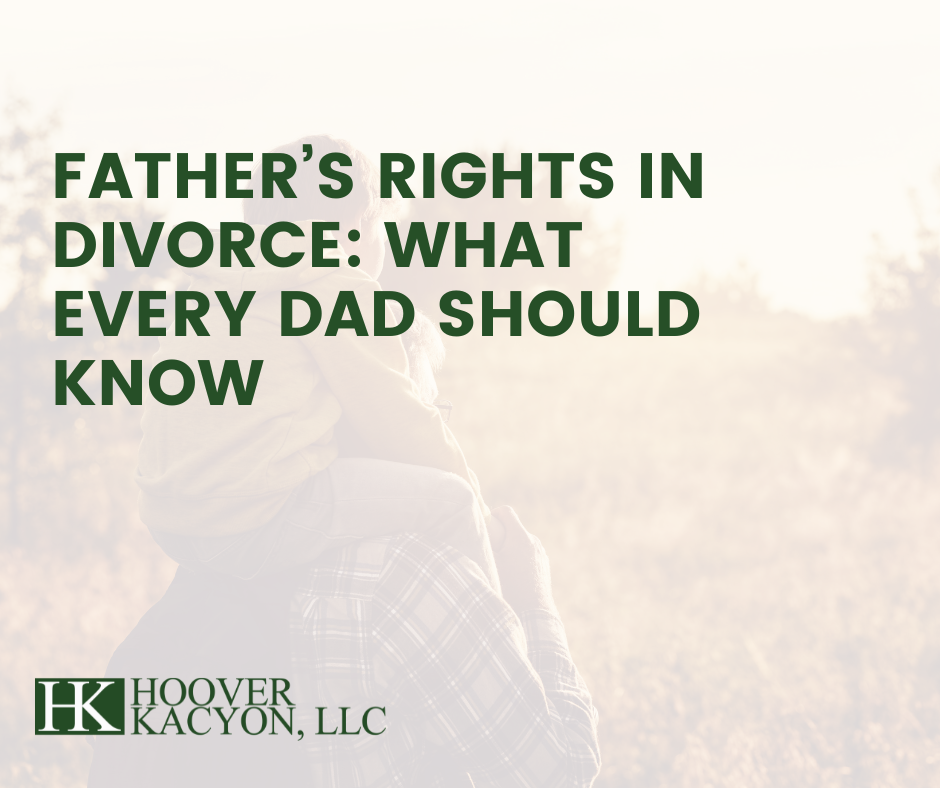

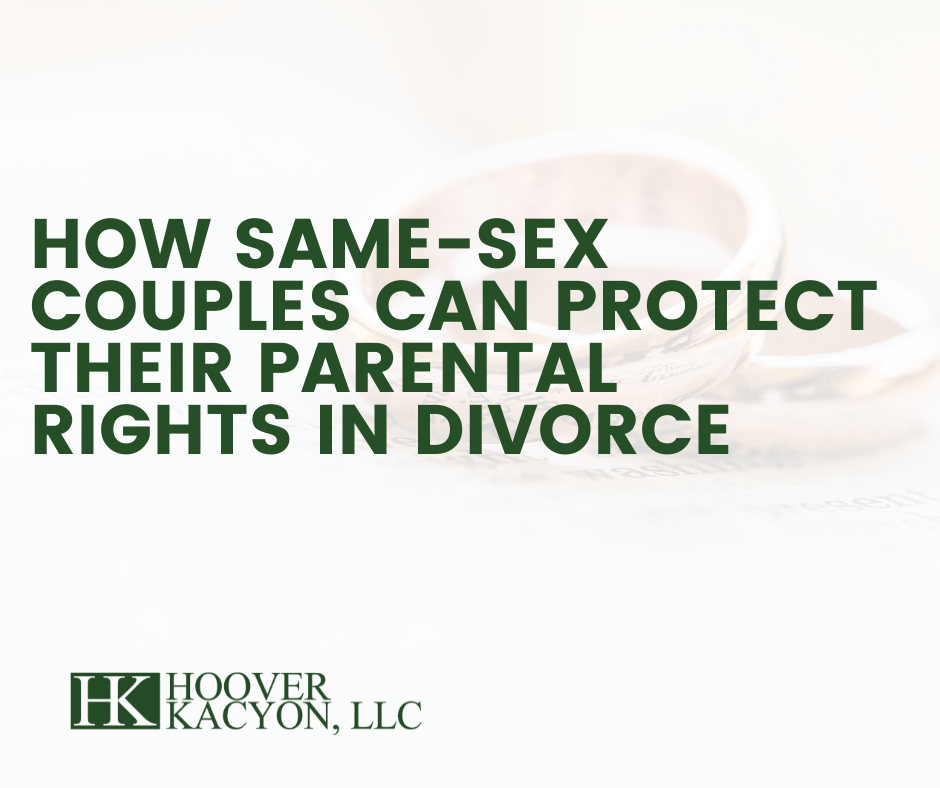
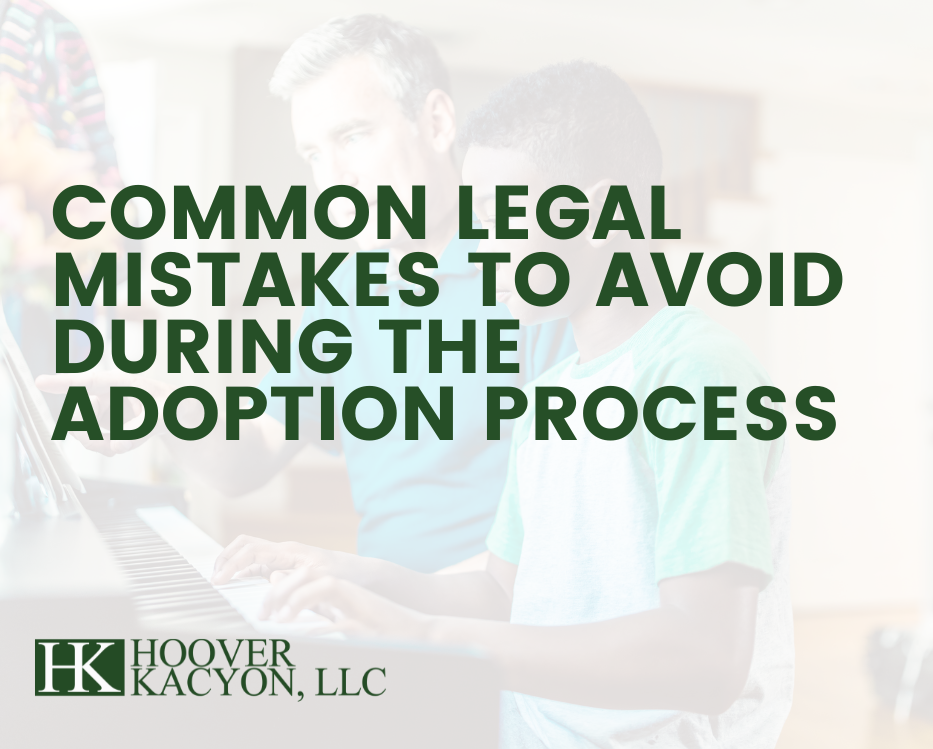
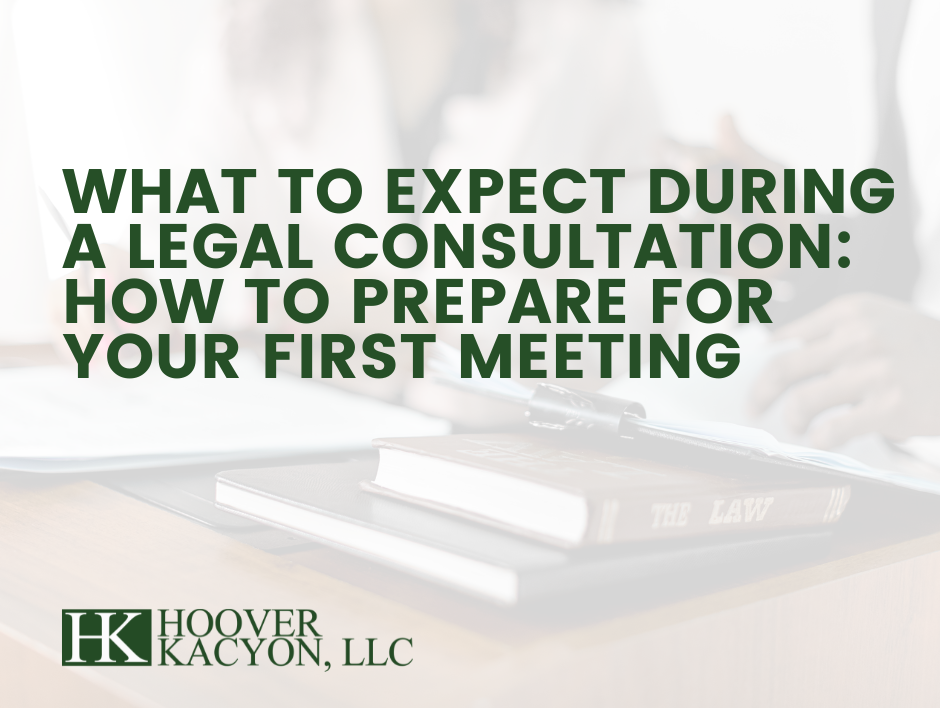
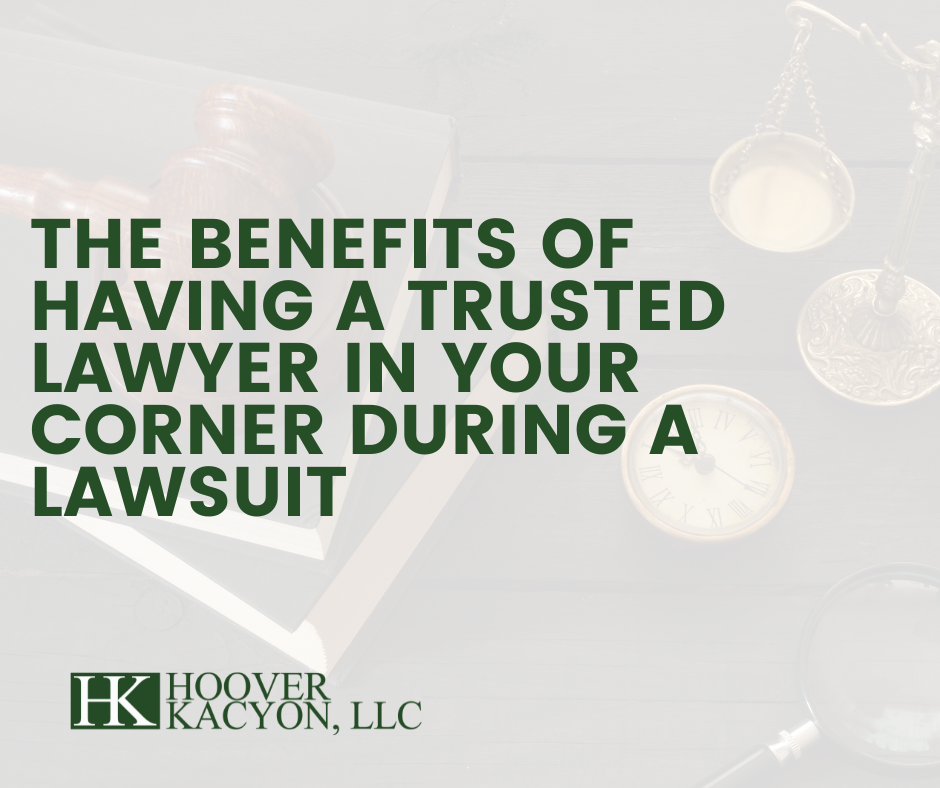



YOU MIGHT ALSO LIKE









